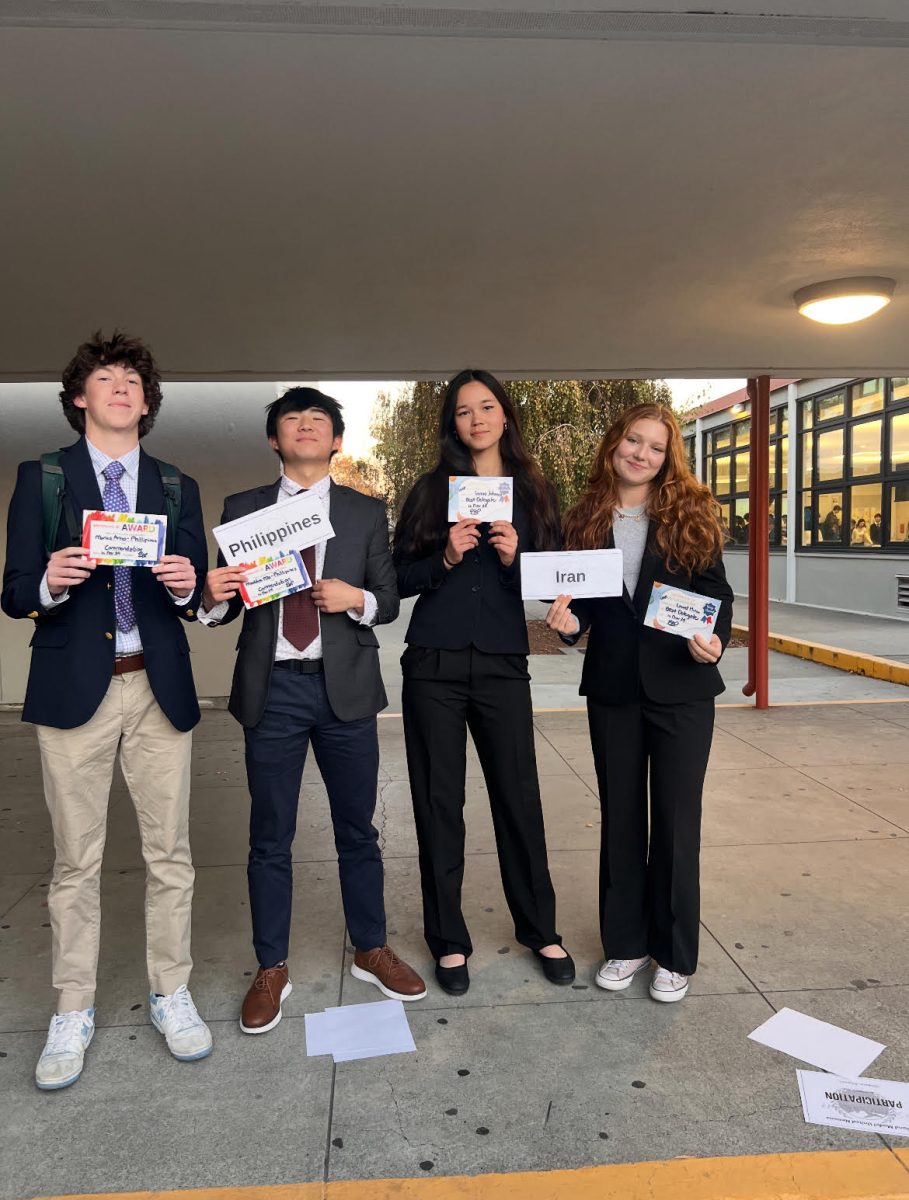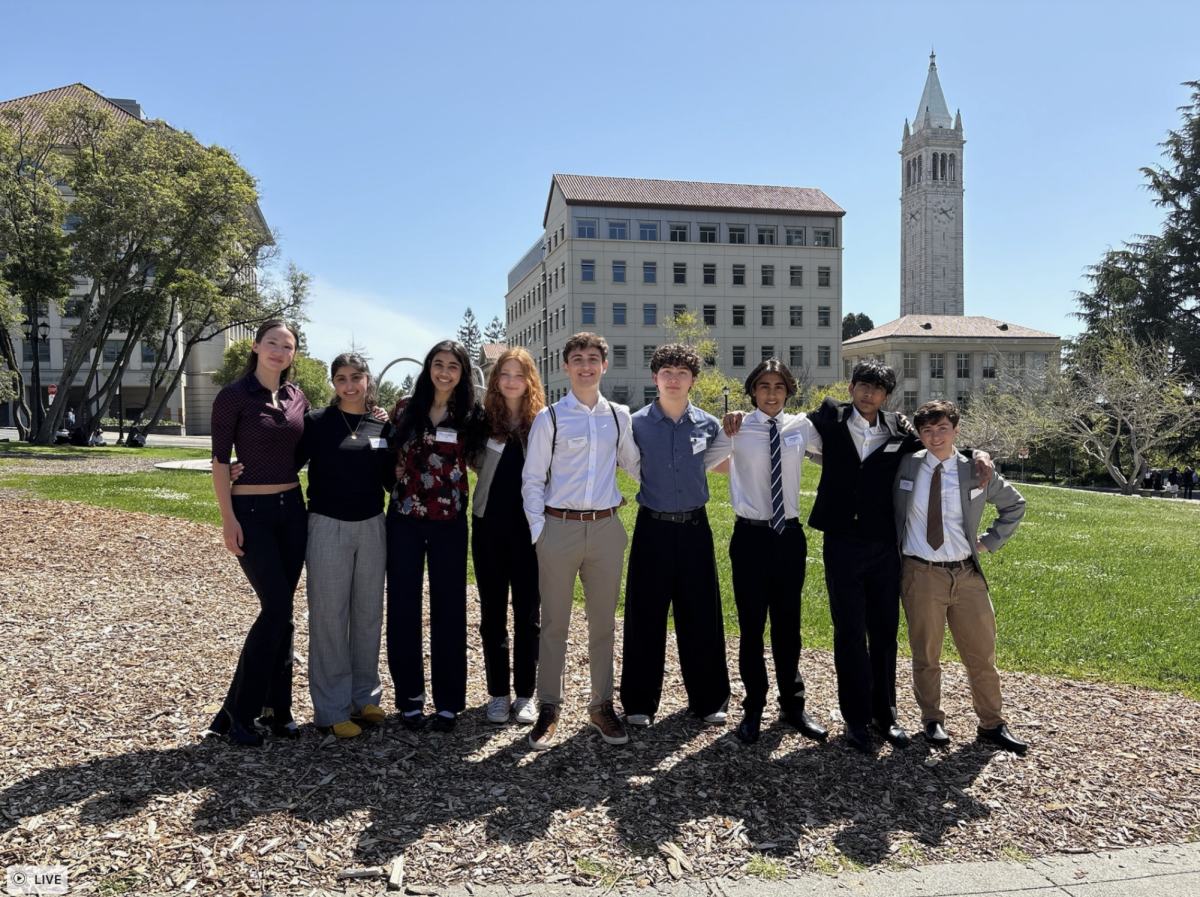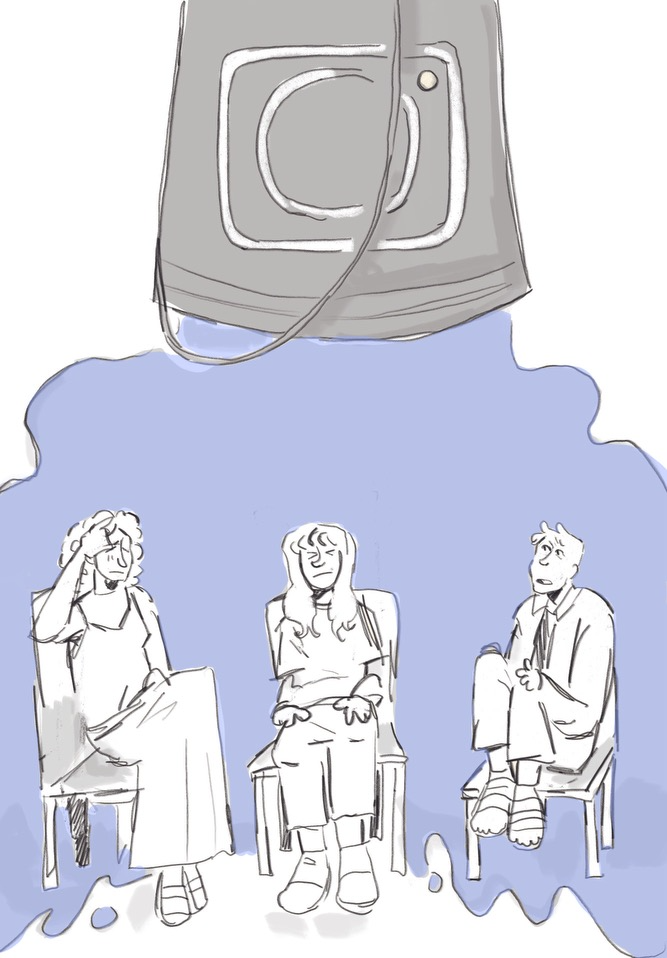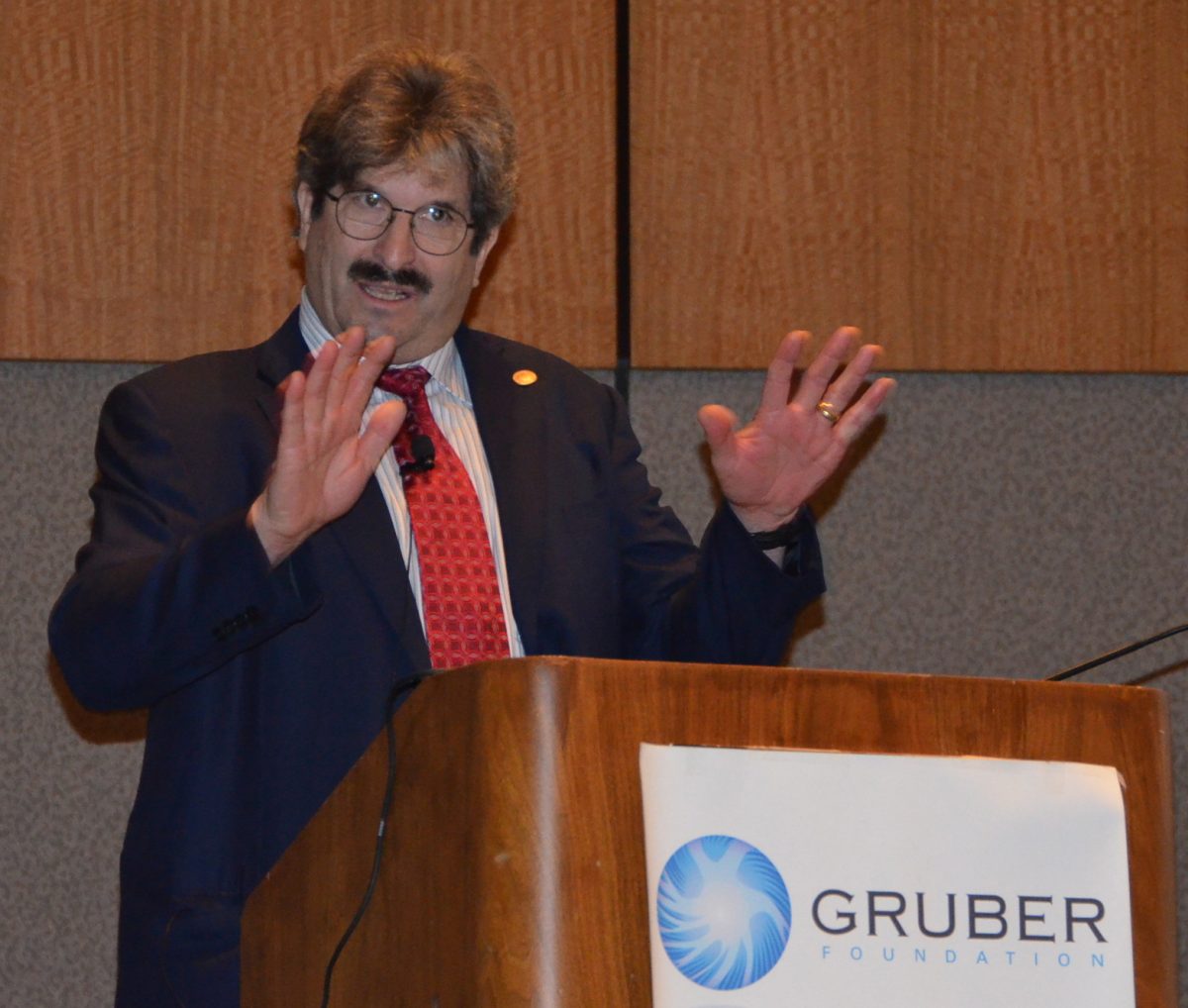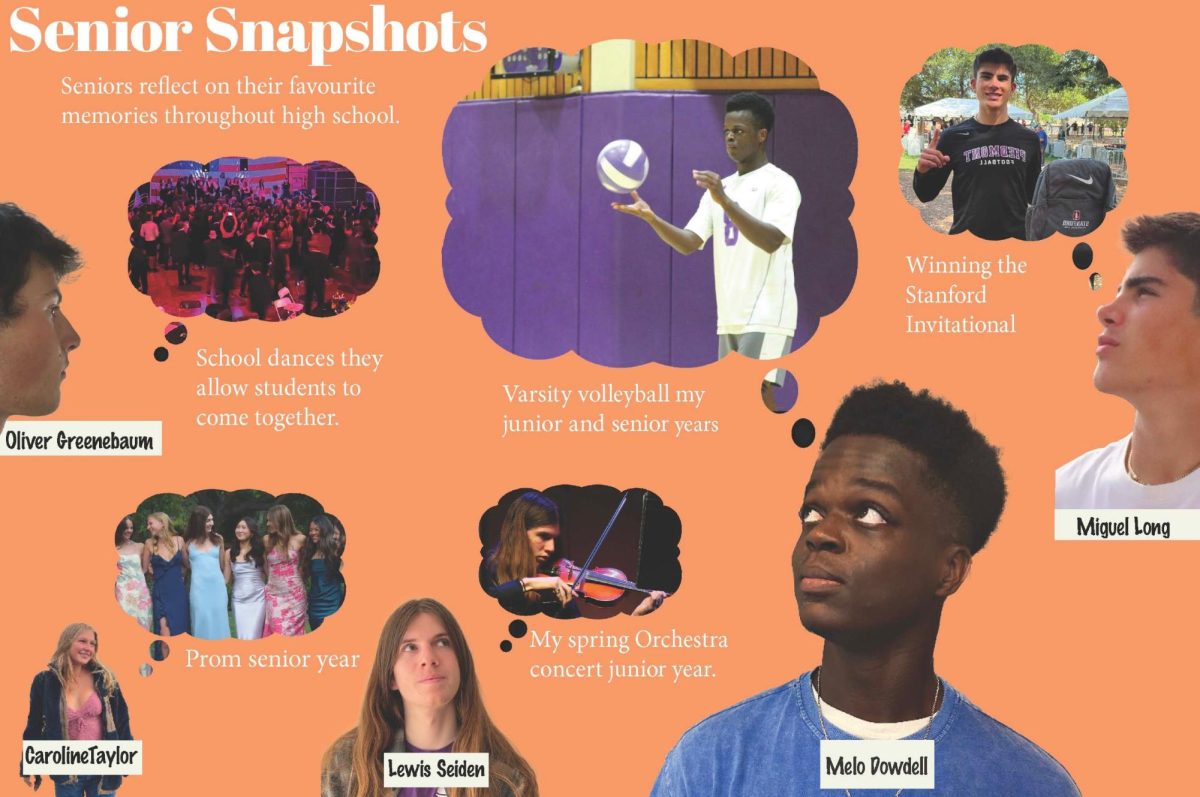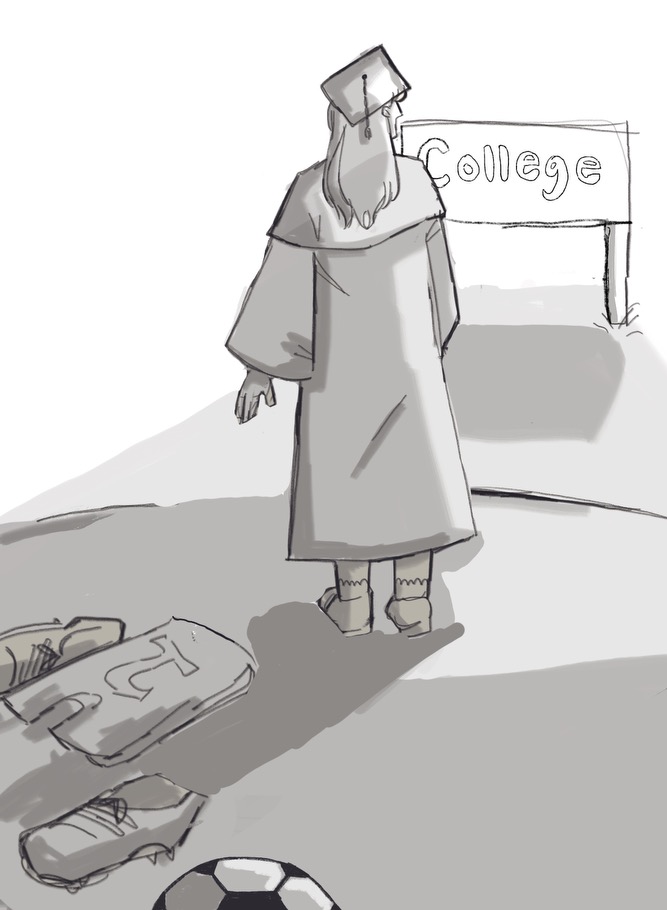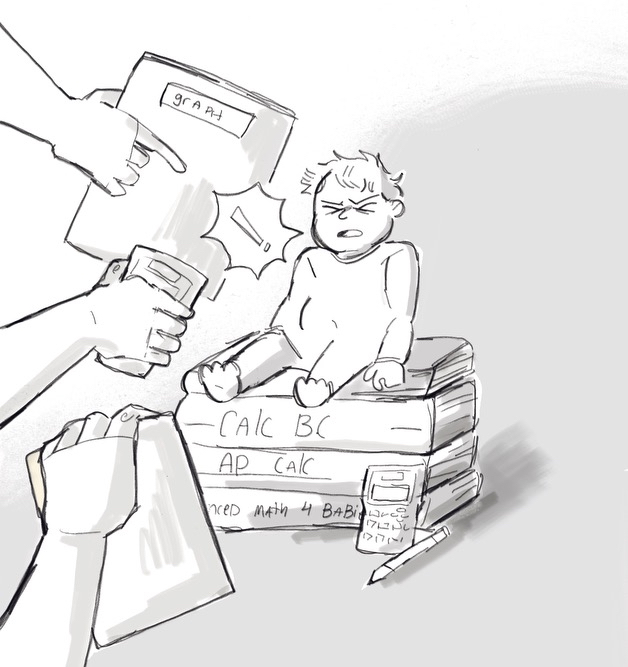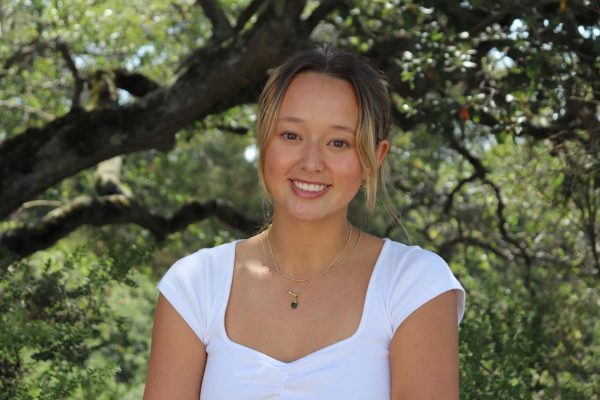An Imminent Change to College Admissions As We Know It
Feb 17, 2023
A high school junior switches between two tabs on their computer; on one, they prepare to purchase plane tickets to visit their top college prospects. They have already considered location, class size, meal plans, and almost every other relevant factor. On the other tab, they await a Supreme Court decision.
This summer, the Supreme Court will determine whether or not to restrict the use of affirmative action in college admissions, beginning with the high school graduating class of 2024.
Top colleges and universities in the United States use affirmative action policies, the practice of considering applicants’ race, gender, sexuality, or religious affiliation in the process of admissions. Affirmative action was first implemented by former President John F. Kennedy to eradicate discrimination in hiring and admissions processes. For students, this means that colleges and universities can take race into account when evaluating applications. Students, parents, and educators debate the ethics of this practice.
“I think [restricting affirmative action] will increase the inherent unfairness of college admissions and will disadvantage certain groups who are already disadvantaged within the process,” said IvyScholars mentor and content creator Antonio Cruz.
IvyScholars, a Texas-based educational consulting company, provides counseling services for students navigating the college admissions process.
“I don’t think there is a fair way to structure college admissions,” Cruz said. “It is an inherently unfair process and can only ever be such.”
Though Cruz believes that affirmative action increases equity in college admissions, many disagree. Students for Fair Admissions (SFFA) is a student-led non-profit currently challenging affirmative action in college admissions via a lawsuit against Harvard University and University of North Carolina (UNC) at Chapel Hill, the oldest private and public schools in the nation. SFFA argues that race should not be a factor when considering applicants and that affirmative action enables discrimination against White and Asian students.
Should the Supreme Court prohibit the use of affirmative action at a national level, as they are widely expected to in July, according to a study by InsideHigherEd, the college application process for PHS students could shift dramatically.
“I do not believe that affirmative action should be used for college admissions,” one PHS junior said. “I just think there are other factors that should be looked at, like socioeconomic status, that would help even out the playing field more effectively.”
The idea of looking at other factors in a student’s application is not a unique one. Junior and president of the Advocacy for Asian Americans club Audrey La Jeunesse supports affirmative action, but believes that considering the socio-economic statuses and zip codes of applicants rather than race alone may be better proxies for identifying underrepresented students.
“The colleges we have today are historically for white people and there are systemic issues that disadvantage people of color,” La Jeunesse said. “So I think [affirmative action] is beneficial.”
In some applications, the suggestion that an admissions officer ignore the applicant’s race seems almost impossible. Many students say that their race and identities inform their club choices and extracurricular involvement.
“My ethnicity and my background did shape my application because they are a huge part of who I am,” PHS senior Sofia Prieto Black said. “A lot of the extracurriculars I’ve chosen to pursue throughout high school have been rooted in my comfortability with my identity, such as my involvement in Diversity Club and the Affinity Mentorship Program.”
“I think I would emphasize [my race] just because there’s a lot of stuff I’m doing related to it,” La Jeunesse said. “So it wouldn’t make sense for me to try to hide it.”
Determining which personal factors to highlight in their applications is a difficult calculation, and some Piedmont students seek private admissions counselors for support.
“As a white student, I would avoid [emphasizing race] because it’s probably not going to provide any advantages in my application,” a PHS junior said. “I’m Jewish, so if I was going to emphasize anything, it would probably be that.”
Under affirmative action, students may choose to emphasize race and identity within college applications based on the predicted advantages it might provide.
“I checked off three different identities on the CommonApp, however I don’t know if or how that applied to any of my admissions decisions,” Prieto Black said. “Still, I hope I was able to get in on my merit, my story, my different experiences, and how I’ve been able to take those to create positive change on our school campus and in our community.”
Prieto Black, a Black and Mexican American student, said she believes that affirmative action is a nuanced issue.
“I don’t know if it’s to the extent of affirmative action, but I do think that universities should be ensuring that their graduating classes are going to be diverse in some way. And of course, I still think everyone being admitted should be qualified,” Prieto Black said.
California has banned affirmative action since 1996. Since then, the University of California (UC) system has experimented with new programs and proxies to achieve the goal of diverse student bodies. UC President Michael V. Drake and the ten chancellors of the UC schools submitted an amicus brief expressing their support for Harvard and UNC’s affirmative action practices.
“On every UC campus, the proportion of freshman applications, admittees, and enrollees from underrepresented minority groups declined precipitously”, said the brief, describing the effects of the strike on affirmative action. Should affirmative action be banned by the Supreme Court in July, similar declining enrollment patterns for marginalized groups can be expected nationally, said Eva Dodds, an independent college admissions consultant based in Michigan.
The declining diversity on UC campuses is especially apparent on more selective UC campuses, where students of color report feelings of racial isolation, according to the amicus brief.
“An impact of [race blind admissions] is the students who are interested in schools change too because they don’t want to be the only token on campus,” Dodds said. “I think the most movement will be in the states where they haven’t dealt with this before.”
“They’re going to have to do what California has done and that is make new programs,” said PHS college and career center director Gwenly Carrel. “[Make] different programs that don’t have anything so much to do with race, but with socioeconomic diversity.”
Depending on the Supreme Court’s decision in July, the effects could be immediate, leaving the graduating class of 2024 completely vulnerable to these changes, Cruz said.
The decision would have no effect on students applying to UCs or public universities in the select nine states where affirmative action is already banned, Carrel said.
However, students applying to highly selective universities and private schools in these select nine states may experience changes in traditionally predictable admissions cycles, Cruz said.
“They are going to have to find other ways to level the playing field for all students,” Carrel said.
